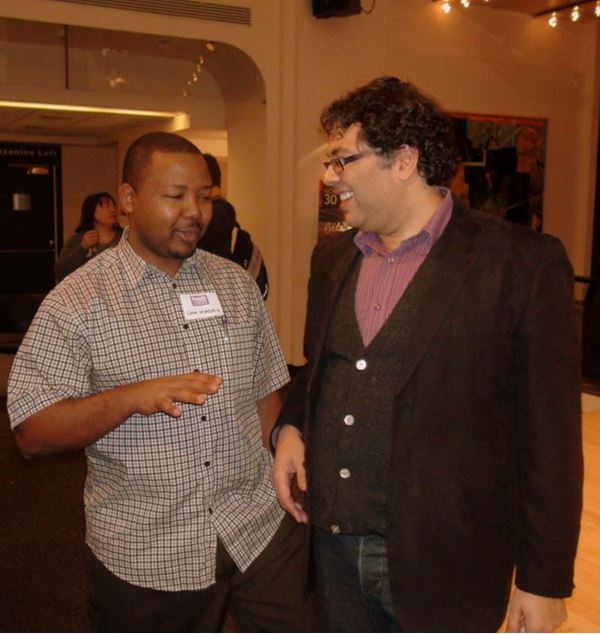Immigration Acculturation
It is not lost on me that when immigrants arrive in Canada, they are for a long time compelled to become learners of recipient culture, language, customs, behaviors, lifestyle, political and economic systems. The acculturation gap hypothesis stipulates that “acculturation discrepancies between parents and children create family conflict and discord. Such family conflict, in turn, leads to difficulties in children’s adjustment psychologically, at school and in other life domains” (Birman, D., & Poff., M. April 2011, p. 2). In this study, I interface adult learning with peace education which I believe are inextricably intertwined and form a formidable theoretical foundation for research on acculturation. Accordingly, I’m guided by the theories of transformative learning, experiential learning, critical consciousness, and conflict transformation because acculturating immigrants is almost a life-long learning process of navigating various conflicting situations.
Statistics Canada reported that “the country’s population reached 37.6 million people as of July, 2019 an annual growth rate of 1.4 per cent — or about 531,000 people — representing the largest annual growth in Canada’s history and the highest of any G7 country, mostly, though not entirely, driven by immigration” (Friedman, G., Oct 3, 2019). Friedman further states that in 2019, “Canada accepted some 300,000 immigrants, an increase from the roughly 250,000 accepted per year on average during the previous decade. That number is expected to rise even further to 350,000 people per year by 2021” (Oct 3, 2019). As the number of immigrants continues to raise every year, I have found literature gaps in acculturation processes that guide peaceful settlement and integration of immigrants into the mainstream Canadian lifestyle. For the last two decades, I have been engaged in not-for-profit programs that facilitate immigrant settlement in Calgary and in the East Coast. During this time, I have found that an emergent body of research on acculturating immigrants is focused on social services and language concerns and very little focus has centered on conflicts that arise as immigrants navigate new cultures of recipient communities.
My overarching goal for engaging in this study is to develop the sort of data that myself and my partnering organizations have long wished to have. In a sense, this study will be a follow-up on my previous research studies in adult and peace education including my master’s thesis that won me the John Dobson Award in research excellency and international development which I accepted at St. Francis Xavier University on May 3, 2009.
As a life-long learner and adult educator, I do understand that learning is a continuous process and that for the last 20 years I have taught at different universities and worked with different development organizations in Canada and Africa while practicing the theories motioned above; and now wish to add new theories and philosophies that will reinforce and guide my practices for the coming years. Elias and Merriam (1980) could not have described my situation any better when they stated: “Theory without practice leads to an empty idealism, and action without philosophical reflection leads to mindless activism” (p. 4). Therefore, I would like to deepen my learning and contribute to literature by providing data that facilitates immigrants straddling two cultures with conflict transformation skills that generate shared cultural expressions through dialogue and mutual respect.
introduction
Talk to me for help
I help global learners with their ambition’s most critical issues and opportunities. Together, we create enduring change and results.

career
Find your will now
I help global scholars with their organization’s most critical issues and opportunities. Together, we create enduring change and results.


